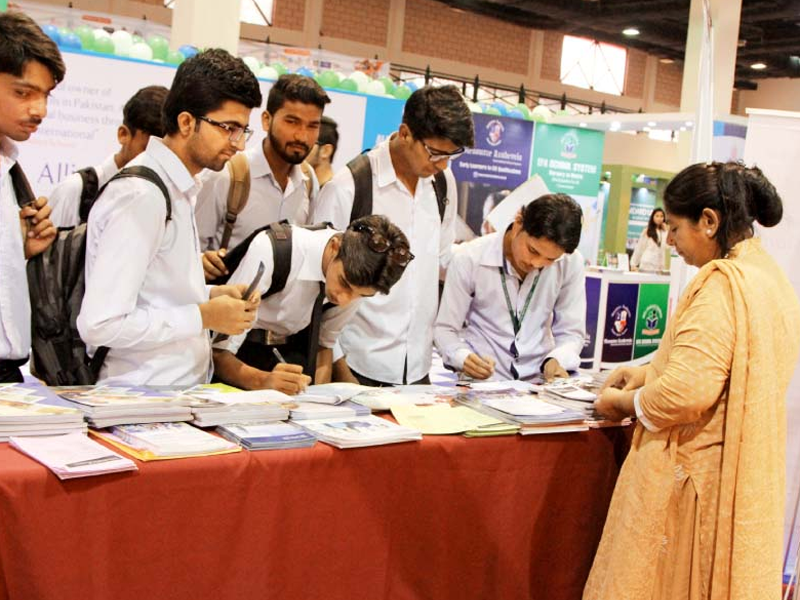The youth factor in Pakistan: A catalyst for progress and change

- 177
- 0
Introduction
In the complex tapestry of Pakistan's socio-economic landscape, one dynamic force stands out as a potent catalyst for progress and change – the youth. With a burgeoning population, a significant portion of which comprises young individuals, Pakistan finds itself at a crucial juncture where harnessing the potential of its youth could usher in a new era of development. This article aims to delve into the multifaceted role that the youth plays in shaping the future of Pakistan.
Demographic Dividend
Pakistan boasts a youth bulge, with a substantial percentage of its population below the age of 30. This demographic dividend, if effectively harnessed, can propel the nation towards economic prosperity. The energy, innovation, and enthusiasm of the youth present an opportunity to drive growth across various sectors, from technology and entrepreneurship to education and governance.
Education and Skill Development
Investing in education and skill development is pivotal in unlocking the full potential of Pakistan's youth. Empowering them with quality education, vocational training, and technical skills not only enhances their employability but also contributes to the overall human capital development of the nation. The youth, armed with knowledge and skills, become agents of positive change, driving innovation and productivity.
Entrepreneurship and Innovation
A vibrant entrepreneurial ecosystem is essential for channeling the creativity and ambition of Pakistan's youth. By fostering an environment that encourages innovation, risk-taking, and business acumen, the youth can emerge as key contributors to economic growth. Government initiatives, coupled with private sector support, can create the necessary conditions for startups and small enterprises to thrive.
Civic Engagement and Social Change
The youth in Pakistan has proven itself to be a powerful force in advocating for social change and civic engagement. Through social media platforms and grassroots movements, young individuals have been instrumental in raising awareness about critical issues, demanding accountability, and shaping public discourse. Their active participation in civic affairs underscores the potential for a more inclusive and responsive governance.
Challenges and Opportunities
Despite the immense potential, the youth in Pakistan faces several challenges, including unemployment, inadequate educational infrastructure, and limited access to opportunities. Addressing these challenges requires a comprehensive approach involving government policies, private sector collaboration, and community engagement. By overcoming these hurdles, Pakistan can transform its demographic challenge into a demographic dividend.
Conclusion
The youth factor in Pakistan is not merely a demographic statistic but a dynamic force that can redefine the nation's trajectory. Recognizing the potential of the youth and investing in their education, skills, and opportunities is paramount for sustainable development. As the youth actively engages in shaping the future of Pakistan, fostering an environment that nurtures their aspirations and empowers them to contribute meaningfully will be key to unlocking the full potential of this vital demographic segment. The youth, with their energy, ideas, and determination, hold the key to building a brighter and more prosperous future for Pakistan.
Published in The Daily National Courier, January, 12 2024
Like Business on Facebook, follow @DailyNCourier on Twitter to stay informed and join in the conversation.

















































